
views
Founded in 2019, the Art Sanctuary collaborates with neuro-diverse artists, providing them with a platform to showcase their art. Started by a Bangalore based charitable trust, it helps to promote the artistic talents of neurodiverse young adults. Harvard Health Publishing describes neurodiversity as, ‘The idea that people experience and interact with the world around them in different ways; there is no one “right” way of thinking, learning, and behaving, and differences are not viewed as deficits.’
Aiming at creativity, inclusiveness, social inclusivity and economic empowerment, this social venture is organizing the 4th edition of its signature annual art exhibition, eCAPA, in New Delhi from October 13-16.
The ongoing exhibition will showcase some incredible work by the often unseen and unheard minority of our society. Creating art straight from the heart, the art exhibition showcases 47 neurodiverse artists through their 85 pieces of art.
Shalini Gupta, Director, the Art Sanctuary, and an alumnus of IIM Ahmedabad, tells us, “The organization was set up as a platform to showcase artistic talents of neuro diverse artists. There is a lot that goes on in schools, so our children are integrated into special schools, there are enough platforms that showcase their talents while in schools. But once they start finishing school, there is no way we celebrate their art. They are either in a vocation or they are at home and their art is being celebrated by a group of people they are working with. So, we created this platform to showcase their art to the public at large.”
The organization promotes not only visual arts but also performing arts. They were unable to give performing arts its due and could not promote it adequately due to the challenges posed by the pandemic. Nevertheless, they managed to succeed in exhibiting two virtual shows.
Once they started organising these shows, they realized that their young artists needed some skill building. “We have been conducting online workshops to help them improve their skills. We do not provide skills in art or music because we really believe that our artists are creating something that they themselves are observing. We provide them with movement therapy, storytelling, drama therapy, and expressive arts therapy so that then they can express whatever is within them and create art.”
In this, the fourth edition of eCAPA 2022, the art includes pen drawings, water colours, acrylic, oil paintings, photographs, digital art, and short films, all made by neuro-diverse artists from across the country and pan disabilities namely Down’s syndrome, Autism, Dyslexia, and Cerebral Palsy.
“A lot of these kids are very prolific in their paintings, but they do not paint to a brief, they paint what they feel in that moment in time. It is very difficult to teach them techniques, most of them are self-taught, what they observe and pick up, some just want a splash of colour,” says Rema Harish, volunteer and a friend.
When asked about the criteria for choosing the art works to be displayed at the gallery, Gupta states, “We have parent groups of young adults whose kids want to be artists. By means of technology, we are able to reach the corners of the country. We reach out to these groups and give parents a deadline to submit the artwork. We collect them and present them to our selector, Bose Krishnamachari, co-founder, director, and president of the Kochi Biennale Foundation. He is the force behind this eCAPA exhibition. He makes a thorough selection.”

The art on display pours the experiences of intellectually challenged young adults, traversing life with their filters. Filters of differential treatment, odd stares, and whisperings form an integral part of their output.
Curating workshops and exhibitions are some of the important ways to upgrade the artistic skill sets of such differently abled persons. In the last 3-4 years, the social enterprise has partnered with prestigious schools like Films and Television Institute of India (FTII) Pune; Indian Institute of Mass Communication (IIMC) New Delhi, National Gallery of Modern Art, Delhi; and Vis -a-vis /STIR Gallery, in this journey.
She herself being a parent to a 20-year-old suffering from Down’s syndrome feels the world is ready to take steps and include these special artists, “We just need to position our neuro diverse artists in a way that the world doesn’t see them as being so different and their art being so different,” she signs off.
Read all the Latest Lifestyle News and Breaking News here











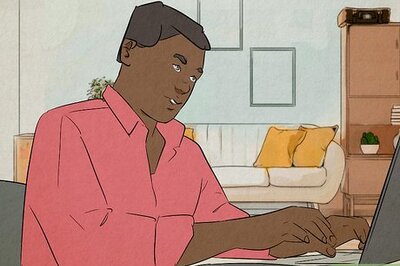
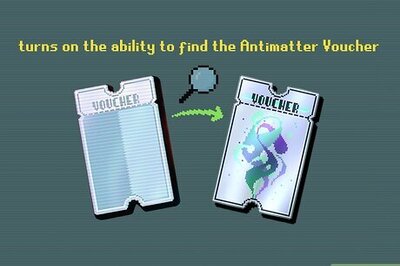
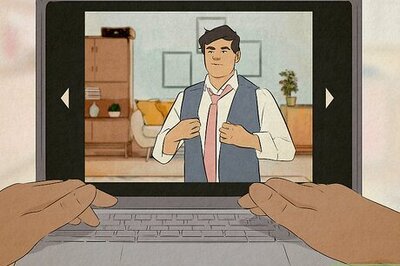
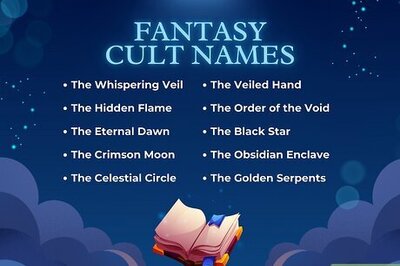


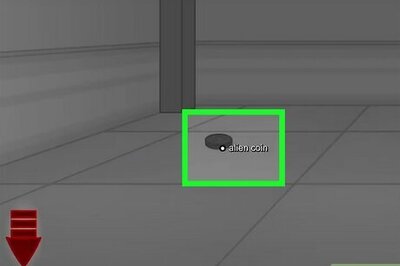
Comments
0 comment